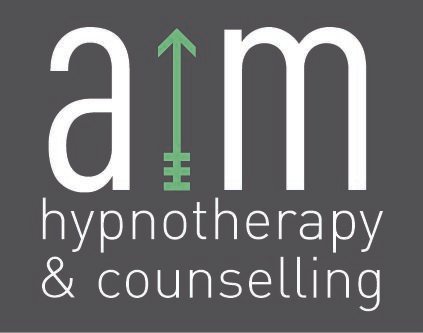By Danielle Duplassie, MA, PhD Student, RCC
Each New Year, many people often set "resolutions" for themselves to grow and/or feel more fulfilled in some way -- a resolution to be healthier; a resolution to get a better job; a resolution to have a better relationship with one's partner... and the list can go on and on. The difficulty with resolutions is that they are often vague and do not incorporate the process through which they will be achieved. The lack of planning on how to initiate and monitor a resolution can often set people up for failure.
As counsellors, part of our job is to work with clients to help them achieve their goals, objectives, and/or resolutions. One of the acronyms used to help clients identify a process to achieve their goals is the "SMART" principle. Let's apply this principle using the example of "I want to be healthier this year."
Specific -- It's impossible to achieve a goal that is vague. Goals and resolutions must be specific. If you want to be healthier, what does that look like? Do you want to eat better foods? Do you want to exercise? Do you want to engage in relaxation practices, such as meditation? Get specific about what your resolution is -- I want to be able to lift 20lbs on the bench press, I want my waist to be 2 inches smaller, I want to attend a yoga class at least 3 times/month.
Measurable -- How will you know when you have achieved, or you are in the process of achieving, your resolution or goal? Goals must be measurable. With respect to health, how will you know when you are healthier? Will your body feel lighter or stronger? Will you be able to walk or run a further distance? Will you be able to touch your toes? Highlight the ways in which you can specifically measure the success of your goals.
Attainable -- Is the goal you are attempting to implement even attainable? If you want to lose 20lbs in one week, that is certainly not attainable. However, losing 1 - 2lbs in a week is far more manageable. Keeping your goals and resolutions within your reach will set you up for success.
Realistic -- Is your goal or resolution realistic? Will your life circumstances allow you to implement your strategies in the way that you would like? For example, if you are wanting to implement 1 hour of exercise into your daily life, will your work, family, and social life allow you to do so? If not, get realistic with yourself and create a goal that is do-able... maybe 1 hour 3 times/week is more realistic.
Timely -- Set a time-frame to work with. Highlight your short-term focus and your long-term focus, with an emphasis on the short-term. This will help you to see the progress of your specific, measurable, attainable, and realistic aspirations.
An important element to remember when creating goals and resolutions is that the journey is more important than the destination. When an individual puts too much focus on the destination, it can sometimes become overwhelming and contribute to a failure in meeting one's desired goals. Enjoy the process and you'll be more likely to succeed!

